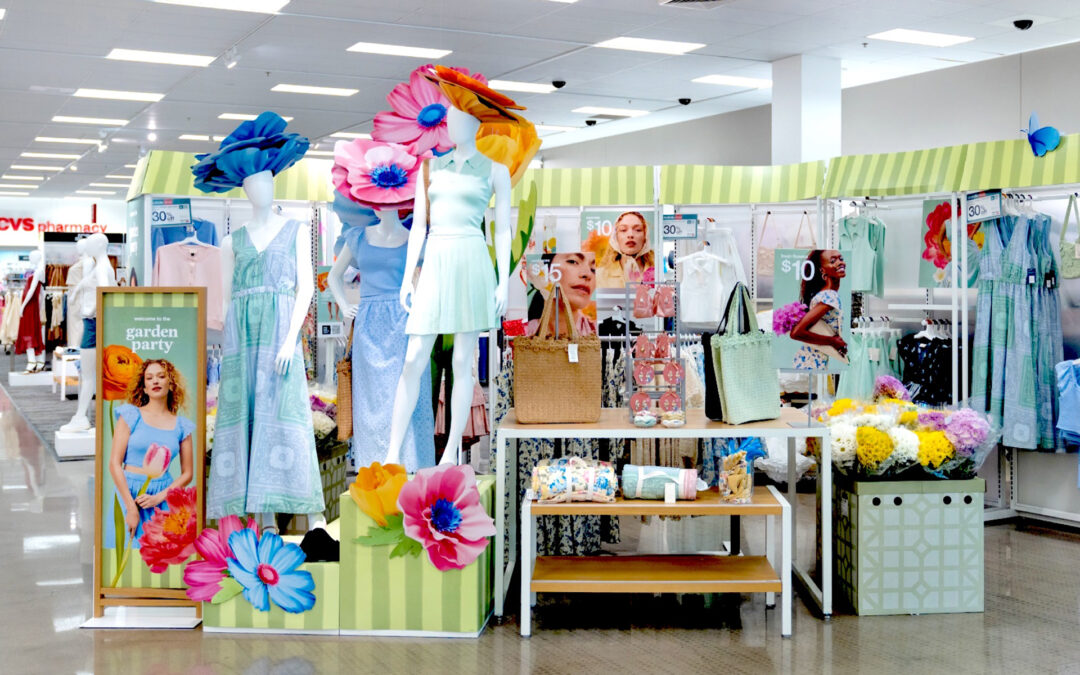April retail sales in the United States grew modestly from the month before, but a shift in the timing of Easter seems a prime factor in a slight year-over-year decline, according to the CNBC/NRF Retail Monitor.
Total retail sales in April, excluding those for automobiles and gasoline, increased 0.26% seasonally adjusted month over month but declined 0.6% unadjusted year over year, Retail Monitor stated. In March, retail sales gained 0.36% month over month and 2.72% year over year.
The Retail Monitor calculation of core retail sales, which excludes restaurant revenues as well as those for automobiles and gasoline, was up 0.4% month over month in April and down a marginal 0.05% year over year. March core retail sales increased 0.23% month over month and 2.92% year over year.
Easter fell in April last year but in March this year, pulling some sales ahead in the calendar, Retail Monitor suggested. April had two fewer weekend days in 2024. Despite the April clitch, total sales for 2024’s first four months advanced 1.82% year over year and core sales gained 2.31%.
By channel, April sales results finished as follows:
- General merchandise stores were up 0.26% month over month, seasonally adjusted, and 0.69% year over year unadjusted.
- Furniture and home furnishings stores were up 1.67% month over month, seasonally adjusted, but down 3.28% year over year unadjusted.
- Building and garden supply stores were up 4.39% month over month, seasonally adjusted, and 4.41% year over year unadjusted.
- Electronics and appliance stores were up 2.14% month over month seasonally adjusted but down 1.55% year over year unadjusted.
- Health and personal care stores were up 0.85% month over month, seasonally adjusted, and 5.26% year over year unadjusted.
- Grocery and beverage stores were down 1.11% month over month, seasonally adjusted, and 4.46% year over year unadjusted.
- Sporting goods, hobby, music and bookstores were up 0.26% month over month, seasonally adjusted, but down 0.38% year over year unadjusted.
- Clothing and accessories stores were up 0.46% month over month, seasonally adjusted, and 2.08% year over year unadjusted.
- Online and other non-store sales were up 1.18% month over month, seasonally adjusted, and 13.88% year over year unadjusted.
“Consumer spending continues to drive economic growth and retail sales increases, though we see some moderation in spending as consumers continually search for value,” NRF president and CEO Matthew Shay said in introducing the numbers. “The ability to spend is supported by a growing job market and real gains in wages. Overall, inflation remains stubborn because of elevated prices for services, while inflation for goods has dropped to nearly zero. Consumers remain focused on value and price and are shifting their spending patterns where needed to make ends meet.”
Unlike survey-based figures assembled by the U.S. Census Bureau, Retail Monitor uses anonymized credit and debit card purchase data compiled by Affinity Solutions and does not need to be revised monthly or annually.





